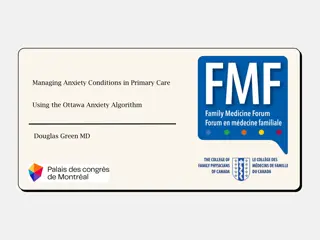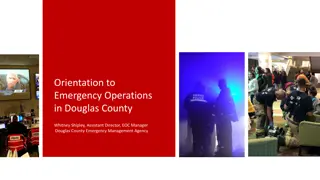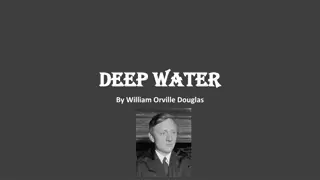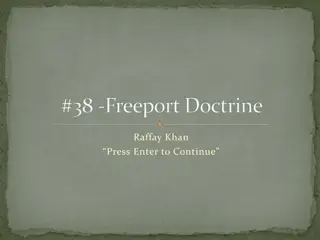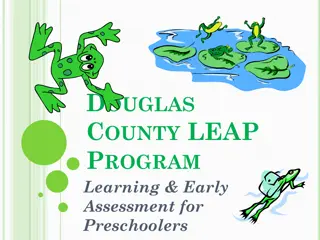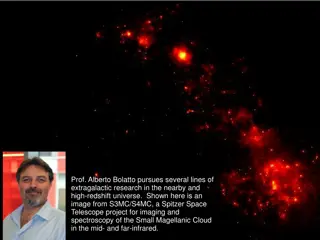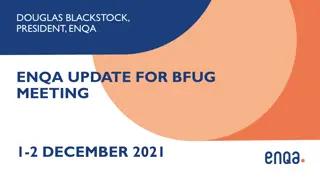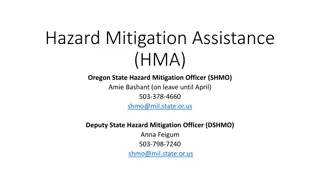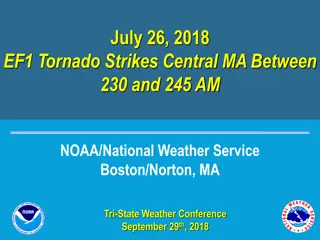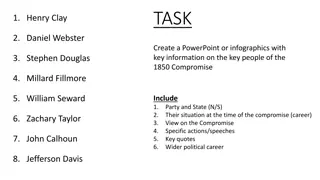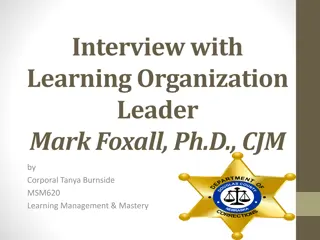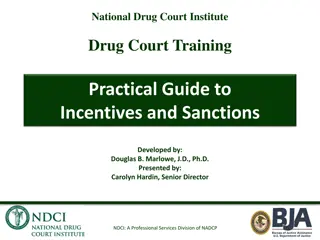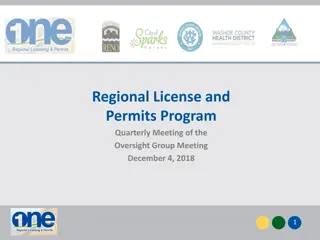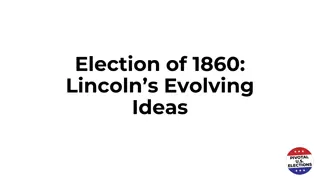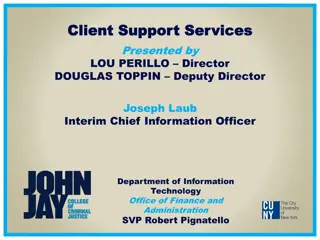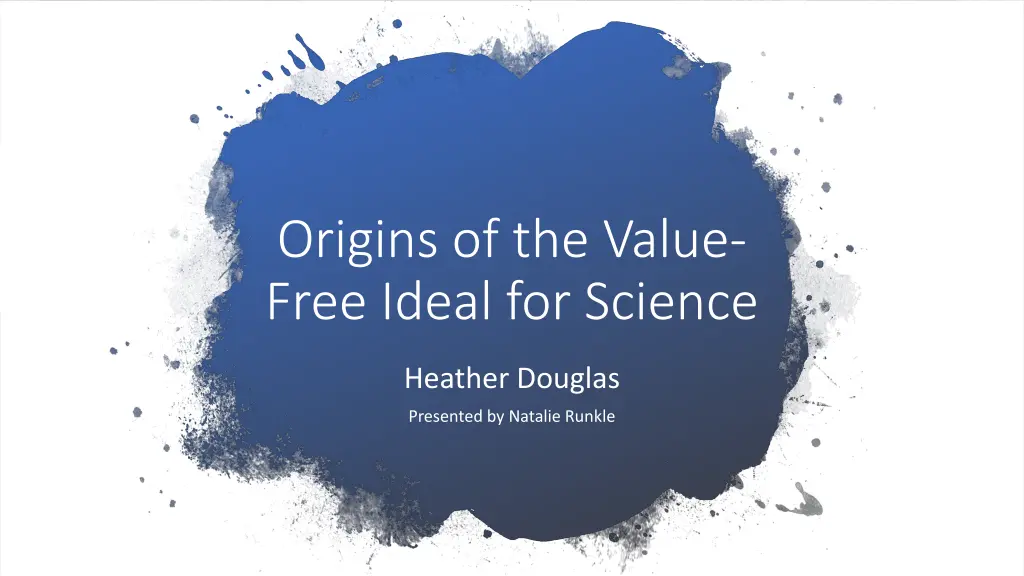
Emergence of Value-Free Ideal in Science
Delve into the philosophical origins of the value-free ideal in science through a historical timeline, exploring key thinkers, debates, and societal influences. Uncover how science's relationship with values evolved from the Cold War era to the present day, shedding light on crucial intersections between philosophy, society, and scientific inquiry.
Download Presentation

Please find below an Image/Link to download the presentation.
The content on the website is provided AS IS for your information and personal use only. It may not be sold, licensed, or shared on other websites without obtaining consent from the author. If you encounter any issues during the download, it is possible that the publisher has removed the file from their server.
You are allowed to download the files provided on this website for personal or commercial use, subject to the condition that they are used lawfully. All files are the property of their respective owners.
The content on the website is provided AS IS for your information and personal use only. It may not be sold, licensed, or shared on other websites without obtaining consent from the author.
E N D
Presentation Transcript
Origins of the Value- Free Ideal for Science Heather Douglas Presented by Natalie Runkle
Gems Gems Strong command of philosophy of science s disciplinary history readers see the big picture (Most simply, science hasn t always been value-free!) By recounting specific philosophers views, Douglas shows how key interlocutors responded to each other Brings out the relationship between philosophy and society not just science and society (e.g. Cold War values discouraged philosophers of science from studying values in science) One small critique: As the article follows timeline and debates between specific philosophers, there s some jumping back-and-forth in time, which can confuse the reader.
Timeline of the value-free ideal in science Cold War Jeffrey: Valuation and Acceptance of Scientific Hypothesis McMullin: the scientist is not called upon to make value- judgments Douglas: Origins of the Value-Free Ideal for Science Leach Reichenbach: The Rise of Scientific Philosophy Nagel: Problems in the Logic of Scientific Explanation Scriven Merton: The Normative Structure of Science Lacey: Is Science Value- Free? Gaa: Moral Autonomy and Rationality of Science Churchman: because we are fearful of the consequences of a wrong decision Hempel: Science and Human Values Levi: canons of inference Rudner: will depend on how serious a mistake will be. Kuhn: The Structure of Scientific Revolutions
Philosophy of science, pre Philosophy of science, pre- -value value- -free free Dewey: Science is essentially value-laden, dependent on human needs and concerns Carnap (& logical empiricists): We can t pursue projects in semantics or syntax w/o pragmatic commitments, which involve value commitments Merton: The Normative Structure of Science (1942) Universalism Organized skepticism Communalism Disinterestedness (not equivalent to value-free)
Beginnings of the value Beginnings of the value- -free ideal free ideal Reichenbach: The Rise of Scientific Philosophy (1951) Philosophy of science is concerned with justification for accepting a theory, not which theories scientists choose to test Knowledge and ethics are fundamentally distinct Knowledge = descriptive Ethics = normative Hempel: Emphasis on logical confirmation What logically constitutes scientific explanation? In the background: Cold War Studying values in science could be perceived as Marxist Philosophers of science felt pressure to remain apolitical
Churchman & Rudner on values in science Churchman & Rudner on values in science Core ideas: Consequences of a wrong choice should inform the amount of evidence required to accept a hypothesis Scientists do play the role of public advisor Churchman: Confirmation only takes us so far something else is required before we can accept a hypothesis, that being ethical criteria of adequacy (1948) Rudner: Scientists as scientists accept and reject hypotheses No hypothesis is ever completely verified How sure we need to be before we accept a hypothesis will depend on how serious a mistake would be. (1953)
Two critiques of the Churchman/Rudner position Two critiques of the Churchman/Rudner position Critique #1: Scientists do not accept or reject hypotheses, but merely assign probabilities. Response to critique #1: Even if scientists don t accept or reject hypotheses, they must accept or reject probabilities. Critique #2: Scientists shouldn t think beyond their own scientific communities when evaluating their work Scientists make use of some values (i.e. epistemic values), just not ethical/social values Jeffrey: One scientific law can be applied to many contexts and can thus have many consequences. (1956) Levi: Scientists submit themselves to scientific canons of inference, thus limiting the scope of the values they make use of. (1960)
Kuhn and acceptance of the value Kuhn and acceptance of the value- -free ideal free ideal Kuhn: The Structure of Scientific Revolutions (1962) Scientists can and should be insulated from society, focusing on puzzles with well-defined answers Paradigms exist only within particular sciences/disciplines; thus, paradigm shifts are driven by struggles within science Natural scientists insulation from society makes them more successful in solving their puzzles than social scientists, who are less insulated Responses to Kuhn: Focus primarily on his notion of paradigm shifts, not the value-free ideal Appear to take for granted/reflexively adopt his belief that science is insulated and that scientific change is internal to science
Values in science post Values in science post- -Kuhn? Kuhn? A few seldom-discussed proponents: Leach (1968) Scriven (1974) Gaa: the moral autonomy of science is a largely unexamined dogma (1977) Some ambivalence: Hempel s Turns in the Evolution of the Problem of Induction (1981) But, the value-free ideal remains dominant: McMullin: the scientist is not called upon to make value-judgments in their regard as part of his scientific work (1983) Lacey: w/o the value-free ideal, we lose all prospects of gaining scientific knowledge (1999)
Timeline of the value-free ideal in science Jeffrey: Valuation and Acceptance of Scientific Hypothesis McMullin: the scientist is not called upon to make value- judgments Douglas: Origins of the Value-Free Ideal for Science Leach Reichenbach: The Rise of Scientific Philosophy Nagel: Problems in the Logic of Scientific Explanation Scriven Merton: The Normative Structure of Science Lacey: Is Science Value- Free? Gaa: Moral Autonomy and Rationality of Science Churchman: because we are fearful of the consequences of a wrong decision Hempel: Science and Human Values Levi: canons of inference Rudner: will depend on how serious a mistake will be. Kuhn: The Structure of Scientific Revolutions
Discussion questions Discussion questions Are we convinced? Do/should scientists make use of social/ethical values in their work, or is scientific practice (mostly) insulated from society and concerned with epistemic values? Can/should objectivity be an ultimate goal for science? From Rudner (1953): a science of ethics is a necessary requirement if science s progress toward objectivity is to be continued. From Douglas (2009): We need another ideal and a more robust understanding of objectivity to go with it. Is there any danger in encouraging scientists to apply values when considering whether to accept/reject a hypothesis? From Jeffrey (1956): If the scientist is to maximize good he should refrain from accepting or rejecting hypotheses, since he cannot optimize every decision which may be made on the basis of those hypotheses. From Lacey (1999): Without the value-free ideal, science becomes the back and forth play of biases, with only power to settle the matter. Can/should a scientific realist care about values in science?

